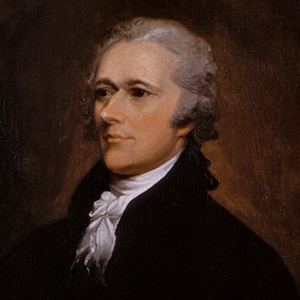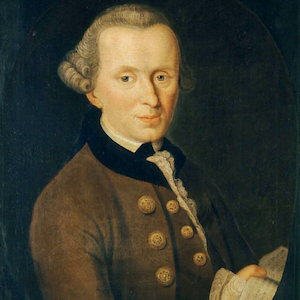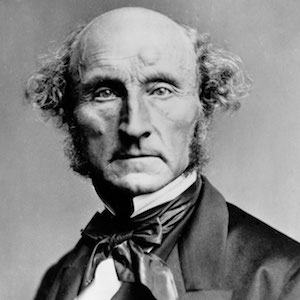Revolutions

The King Returns to Paris
From Berthault’s series of great moments in the Revolution, this engraving presents a version of events on 6 October 1789 favorable to the King.

The Tennis Court Oath at Versailles by Jacques–Louis David
This amazingly rich sketch by Jacques–Louis David is one of the most famous works from the French revolutionary era. The thrust of the bodies together and toward the center stand for unity. The spectators, including children at the top right, all join the spectators.

Thomas Jefferson on the French Revolution
Although deeply sympathetic to the French in general and the revolutionary cause in particular, Thomas Jefferson (1743–1826) deplored the excesses of violence that took place even before the implementation of the Reign of Terror.

Alexander Hamilton on the French Revolution
Alexander Hamilton (1755–1804) represented the Federalist Party perspective on events in France.

Kant, The Contest of Faculties
The most influential German philosopher of the eighteenth century, Immanuel Kant (1724–1804), set the foundations for much of modern philosophy. He lectured on a wide variety of topics, from astronomy to economics.

Historical, Political, and Moral Essay on Revolutions, Ancient and Modern
The French novelist and essayist François–René Chateaubriand (1768–1848) was a royalist who for a time admired Napoleon. Like Burke, he denounced the revolutionary reliance on reason and advocated a return to Christian principles.

The Philosophy of History
Georg Wilhelm Friedrich Hegel (1770–1831) was a famous philosophy professor in Berlin whose lectures attracted many students, even though the lectures were extraordinarily abstract.

Mazzini on Revolutionary Nationalism
The journalist and politician Guiseppi Mazzini (1805–72) was the apostle of nationalism during the first half of the nineteenth century.

Charles Fourier on the Revolution
Charles Fourier (1772–1837) was a salesman for a cloth merchant in Lyons who conceived of a different form of social organization, called a "phalanx," that was part garden city and part agricultural commune.

John Stuart Mill on the French Revolution
John Stuart Mill (1806–73), an English civil servant and philosopher, was a firm believer in the liberal, democratic, and anti–absolutist elements of the legacy of the Revolution and hoped to extend these concepts as widely as possible.